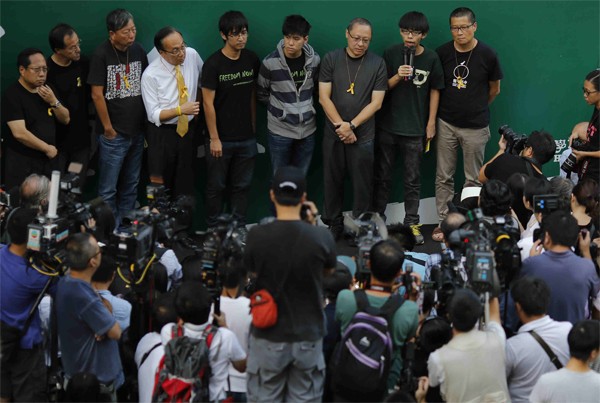The State Administration of Press, Publication, Radio, Film and Television (SAPPRFT) punished 15 media outlets and 17 journalists for publishing fake news on Monday for "severely" disturbing standards and damaging media credibility.
These journalists and media outlets have ignored journalism ethics and have been found to have published "sensational" stories without verifying the information, according to the watchdog.
Wang Xing, a recently fired reporter of the news outlet Nandu Daily based in Guangzhou, was among the journalists who were punished because of such claims. He was forced to resign from the newspaper and has been banned by SAPPRFT from doing reporting and editing work for the next five years.
Wang's story was about a female official in Pingdingshan, Henan Province, who committed suicide in Dec. 2014. The article claimed that there may have been a link between the death of the official with corruption allegations.
SAPPRFT said in a statement on Monday that Wang's story is incorrect, and failed to cite the inaccurate nature of the information beforehand.
However, Wang on Monday afternoon denied that he was being punished and that his story was fabricated, according to a post on his Sina Weibo account.
SAPPRFT has ordered all of its branches to crack down on fake news and improve media supervision. Any journalist who fabricates news and causes "serious" consequences will have to suspend all their journalistic activities, from reporting to editing work, for the next five years.
According to a statement issued by SAPPRFT on Thursday, all provincial-level regions must set up a "journalistic ethic committee" to make sure journalists do not report unverified information or resort to unethical journalistic practices like blackmail.



























